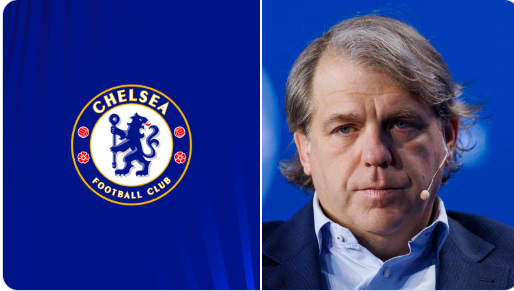Chelsea Football Club has been fined €31 million by UEFA for breaching financial regulations, with an additional €60 million in conditional fines hanging over the club should further violations occur. This penalty stems from UEFA’s investigation into Chelsea’s financial dealings, particularly concerning the club’s accounting practices and compliance with Financial Fair Play (FFP) rules.
The core issue revolves around Chelsea’s controversial £200 million sale of their women’s team to BlueCo Midco, a subsidiary of the club’s parent company. UEFA refused to allow Chelsea to offset losses against this intra-group transaction, which the club had used to present more favourable financial results. While the Premier League permitted such accounting treatment, UEFA’s stricter rules exclude related-party transactions from break-even calculations, pushing Chelsea into breach territory.
Over a three-year monitoring period, UEFA allows clubs to incur losses up to €170 million, but Chelsea’s reported losses—excluding the women’s team sale—exceeded this limit. Although Chelsea reported a pre-tax profit of £128.4 million for the year ending June 2024, this was largely due to the sale of subsidiaries, including the women’s team, which UEFA does not recognize for FFP purposes.
Following ongoing settlement talks, UEFA’s Club Financial Control Body (CFCB) First Chamber concluded that Chelsea submitted incomplete financial information related to historical transactions under previous ownership. The club proactively reported these issues after the change in ownership in May 2022, which helped facilitate a settlement.
The €31 million fine is a part of this settlement, while the additional €60 million is conditional, potentially triggered if Chelsea fails to comply with spending limits or financial reporting requirements over the next three seasons. UEFA has also indicated that further sanctions, including exclusion from European competitions, could be imposed if future breaches occur, although such sporting penalties are considered less likely if Chelsea adheres to agreed financial controls.
Chelsea’s ownership, led by Todd Boehly and Clearlake Capital, has expressed a commitment to maintaining a strong working relationship with UEFA and complying with financial regulations. The club has submitted a long-term sustainability plan and is cooperating closely with UEFA to avoid harsher penalties.
This fine and conditional sanction underscore the challenges elite football clubs face in navigating evolving financial regulations, particularly when engaging in complex transactions like selling teams or assets to related parties. Chelsea’s case highlights the increasing scrutiny UEFA applies to ensure financial transparency and fair competition across European football.





